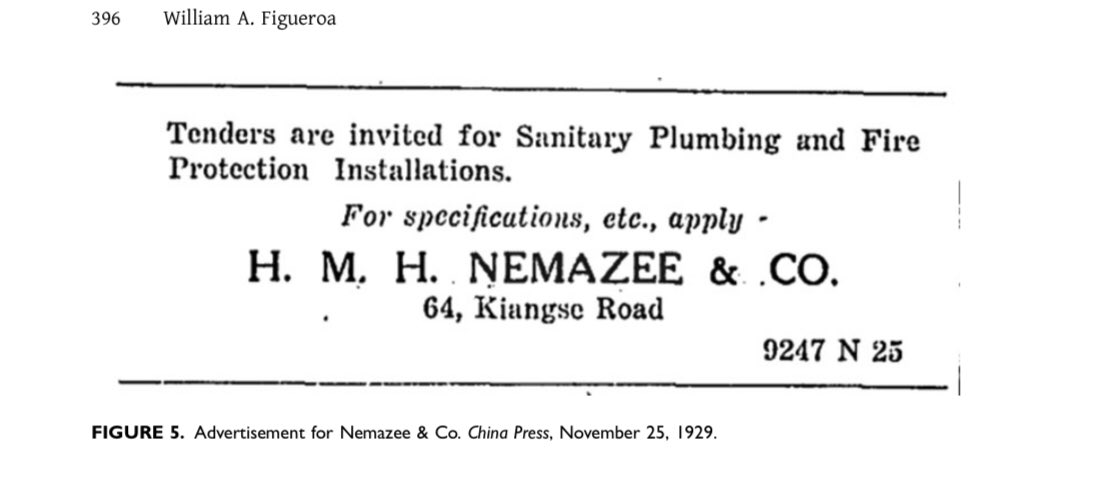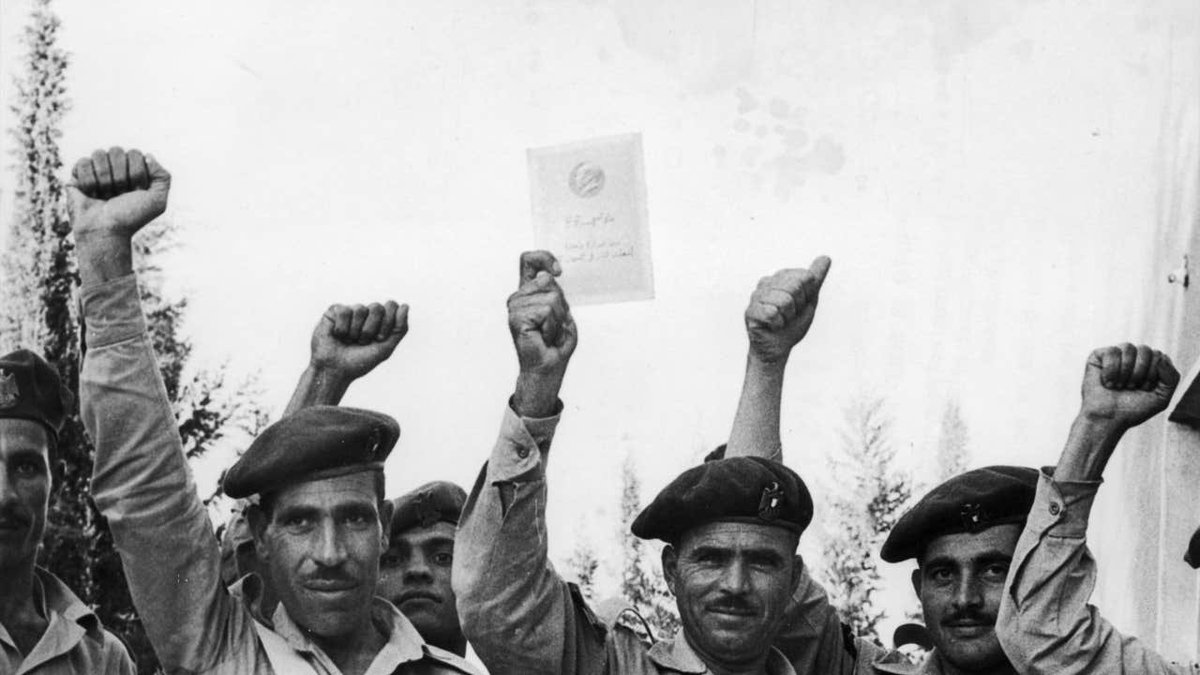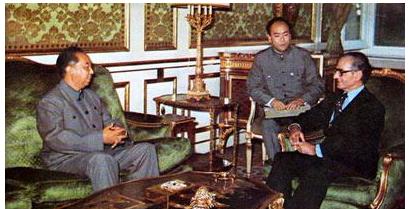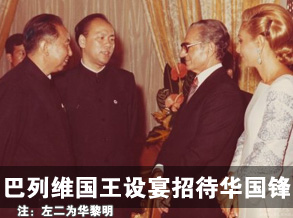
Exciting! My article for @AIS_1967 “Performative Diplomacy: Iran–Republic of China Relations, 1920–1949” has been published.
It’s OpenAccess!
Wonder what Chiang Kai-shek thought of Reza Shah?
Read on…
#iran #china #history #twitterstorians
cambridge.org/core/journals/…
It’s OpenAccess!
Wonder what Chiang Kai-shek thought of Reza Shah?
Read on…
#iran #china #history #twitterstorians
cambridge.org/core/journals/…
So what can you expect from this article? It fill a gap in the literature by sketching a narrative of RoC-#Iran relations between 1920 and 1949, by analyzing the factors behind #Sino-Iranian cooperation and competition in the #tea and #silk trades and at the League of Nations.
What did I find? Unofficial commercial interests, including Iranian merchants in Shanghai, played a large role in driving Sino-Iranian relations. Iranian companies were well established in China and Hong Kong, mostly shipping tea. See for example this advert in an expat paper. 

The Republic of #China established an #Iranian consulate in #Shanghai in 1934. Diplomacy between the two nations, and the public ceremonies performed by foreign diplomats in Shanghai, were part of a pattern of performative nationalist diplomacy undertaken by both sides. 

A charicature of #Iran’s first modern ambassador to #China, Key Ostovan, by famous #Shanghai satirist #Sapajou. Sapajou was the pen name of Georgy Sapozhnikov, a Russian emigre who became a beloved cartoonist in cosmopolitan 1930s #iranchina ##cartoons 

Other Iranians lived in Shanghai as members of the embassy (left image), or visited for diplomatic missions. Here is #Iranian Ambassador to Nationalist #China Mehdi Farrokh (right image), meeting with Chiang Kai-shek in Nanjing in 1948. #iranchina #history 



Want to know how this all ties together? I guess you’ll just have to read it!
• • •
Missing some Tweet in this thread? You can try to
force a refresh















